Un chapeau de paille d'Italie
An Italian Straw Hat
by Eugène Labiche
Directed by Giorgio Barberio Corsetti
Richelieu
Richelieu
Un chapeau de paille...
2014-02-21 00:00:00 2014-04-13 00:00:00
The day of his wedding, Fadinard finds himself caught up in an incredible spiral of events in pursuit of a straw hat.
That very morning his horse ate the hat belonging to Ms. Anaïs Beauperthuis in the middle of her rendezvous with her lover. Fadinard is then obliged to frantically search for a replacement hat, strictly identical to the first, as the lady’s husband – who has barricaded himself in his house – is a violent and jealous man. To avoid arousing the suspicions of his future father-in-law, who arrives with the entire wedding party, he embarks the latter on his mad quest, which leads him to a milliner, who sends him to call on a duchess, who sends him to... the house of the fickle lady’s husband. A series of misunderstandings have him finish his chase outside his own home, where the police end up arresting the entire wedding party for disturbing the peace.
Eugène Labiche, the author
Eugène Labiche was born the son of a wealthy industrialist in Paris in 1815. In 1837, along with Auguste Lefranc and Marc-Michel, he founded a theatrical production association, which he liked to call a “drama factory”. It was the beginning of a career that was to make him –with various collaborators along the way– the absolute master of comedy and vaudeville before the torch was passed on to Georges Feydeau. At his peak, he produced up to twenty successful plays a year in a number of theatres, including at the Comédie-Française. His one hundred and eighty plays include The Lourcine Street Affair, Mr Perrichon’s Holiday and Let’s Embrace, Folleville!. His talent, which goes beyond a mastery of the comic genre, makes him a precursor of the theatre of the absurd. He was elected to the Académie Française in 1880, and died, laden with honours, in 1888.
Giorgio Barberio Corsetti, the director
Giorgio Barberio Corsetti founded his first company, the Gaia Scienza, in 1976. It now bears the name Fattore K, in tribute to Franz Kafka, whose work he adapted for the stage over a number of years. A director with a European reputation, working in Italy and Portugal as well as in France, Barberio Corsetti has been invited to many festivals –including Avignon– and from 1999 to 2001 was artistic director of the theatre section of the Venice Biennale. His repertoire encompasses Ovid, Shakespeare, Pirandello, Goldoni and Rodrigo Garcia. Paris audiences were able to see his staging of Howard Barker’s The Cry and Dimitris Dimitriadis’ The Circle of the Square at the Théâtre de l’Odéon. Alongside these activities, he has directed operas at La Fenice in Venice, La Scala in Milan or at the Châtelet theatre in Paris. Here, he is taking on a masterpiece of comic theatre to explore how –in that eccentric manner– the idea of “fate” takes the form of a simple hat that is sold, given, lost, destroyed and found once more.
2:40 WITH AN INTERMISSION
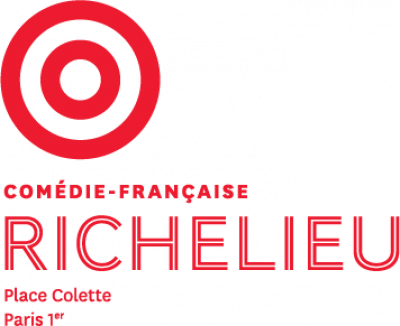
Creative team
Direction: Giorgio Barberio Corsetti
Direction assistant: Raquel Silva
Scenography: Giorgio Barberio Corsetti et Massimo Troncanetti
Costumes: Renato Bianchi
Lights: Fabrice Kebour
Original soundtrack, musical direction and songs: Hervé Legeay
Make-up: Carole Anquetil
Make-up assistant: Laurence Aué
Distribution
the company
-

-

-
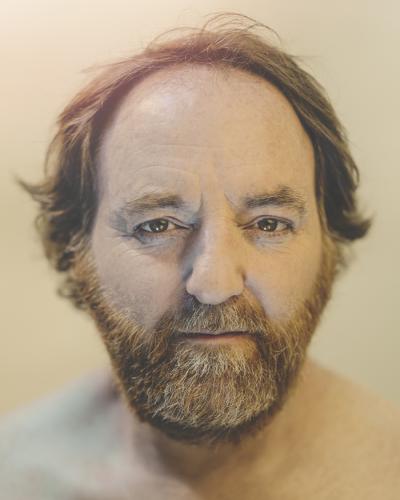
Jérôme
PoulyBeauperthuis
-
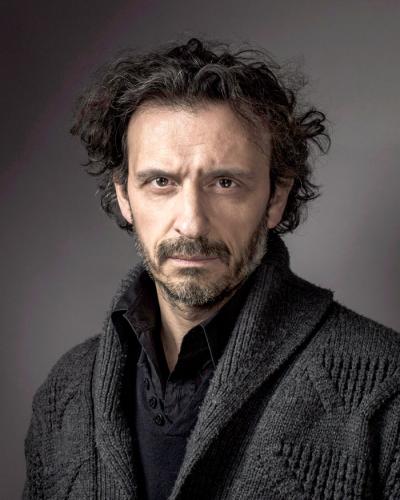
-
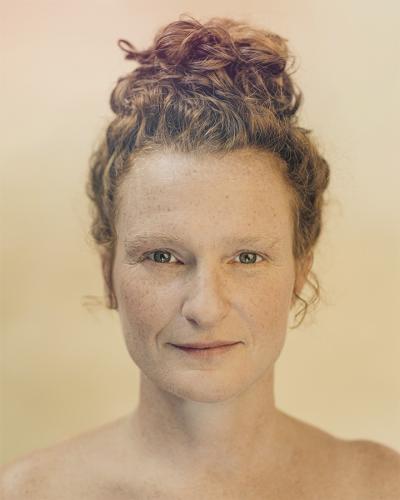
-
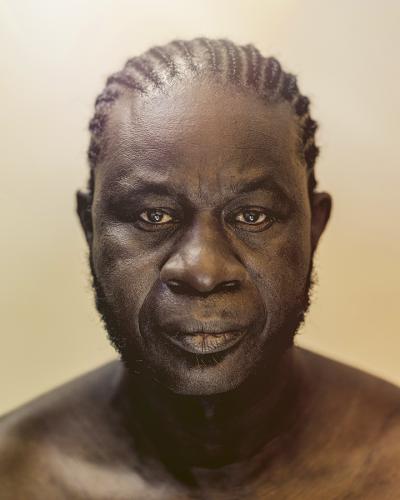
-
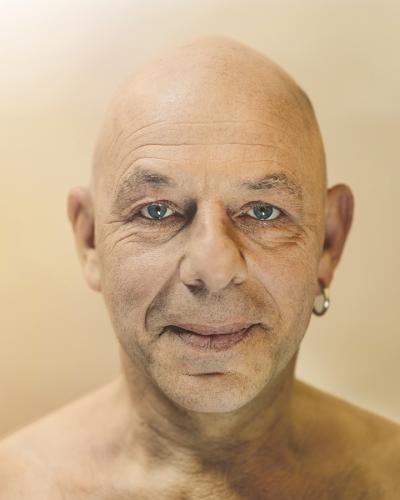
-

-

-
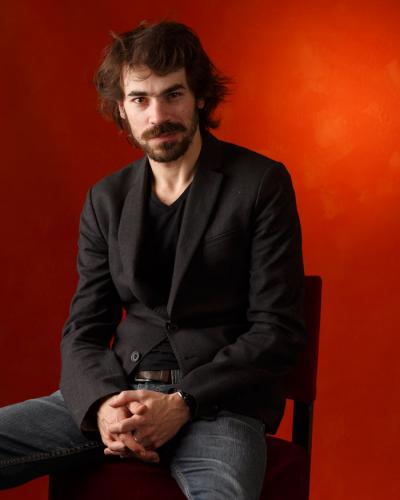
Félicien
JuttnerBobin, neveu de Nonancourt
-
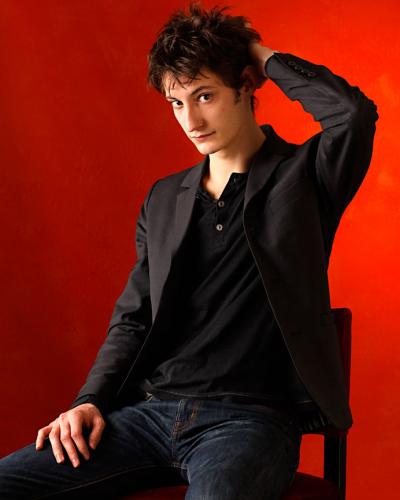
Pierre
NineyFadinard, rentier
-
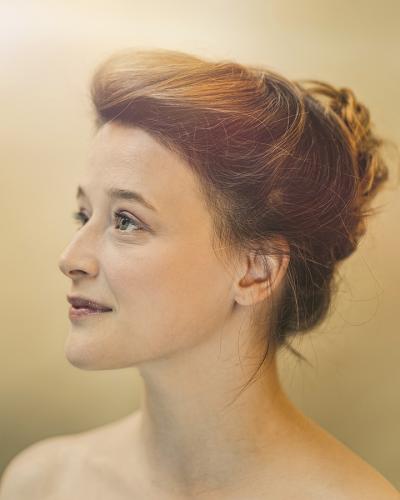
-
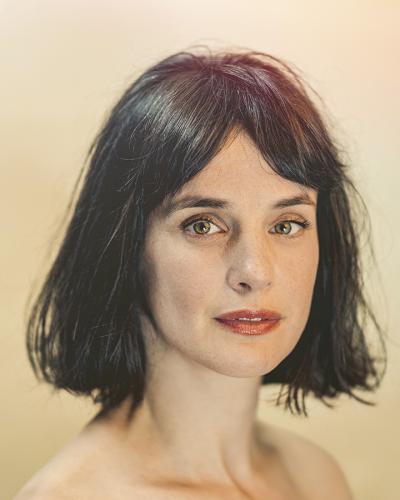
-
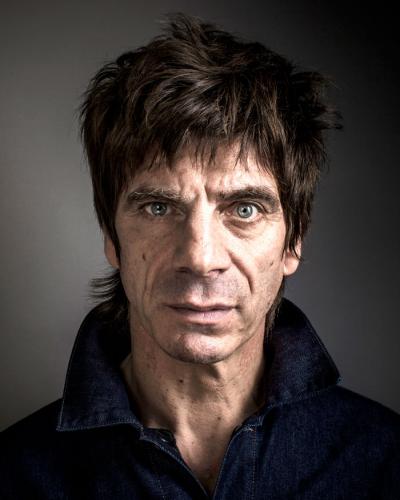
Elliot
JenicotAchille de Rosalba, jeune lion
-

Louis
AreneFélix, domestique de Fadinard
The Comédie-Française Academy
-
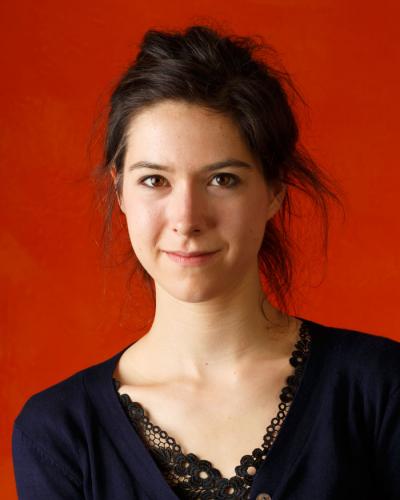
Heidi-Eva
ClavierLa Noce
-

Lola
FelouzisLa Noce
-
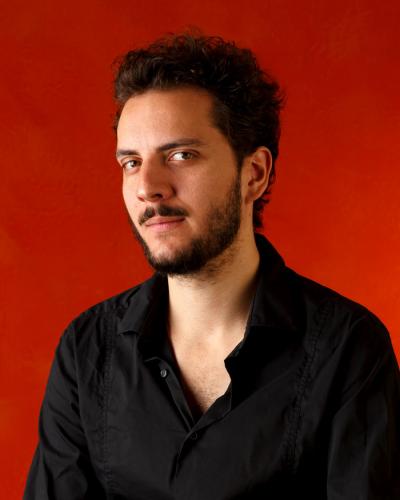
Matej
HofmannLa Noce
-
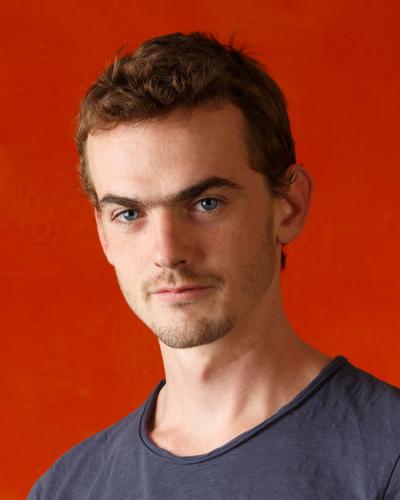
Paul
McAleerLa Noce
-
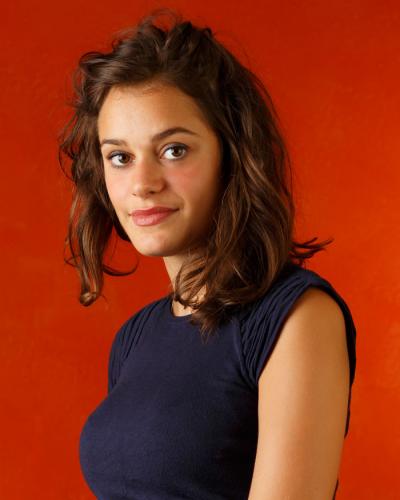
Pauline
TricotLa Noce
-
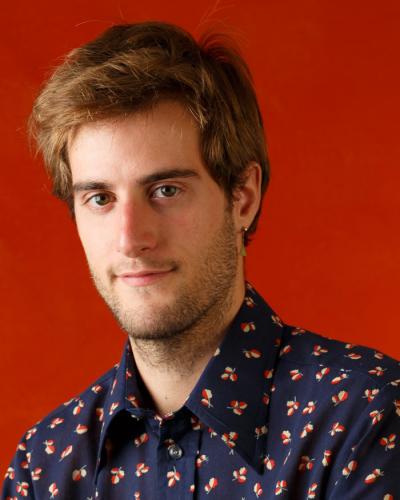
Gabriel
TurLa Noce
and the musicians
Christophe Cravero: violin, drum, piano
Hervé Legeay: guitars
Hervé Pouliquen: guitars, bass, cavaquinho
